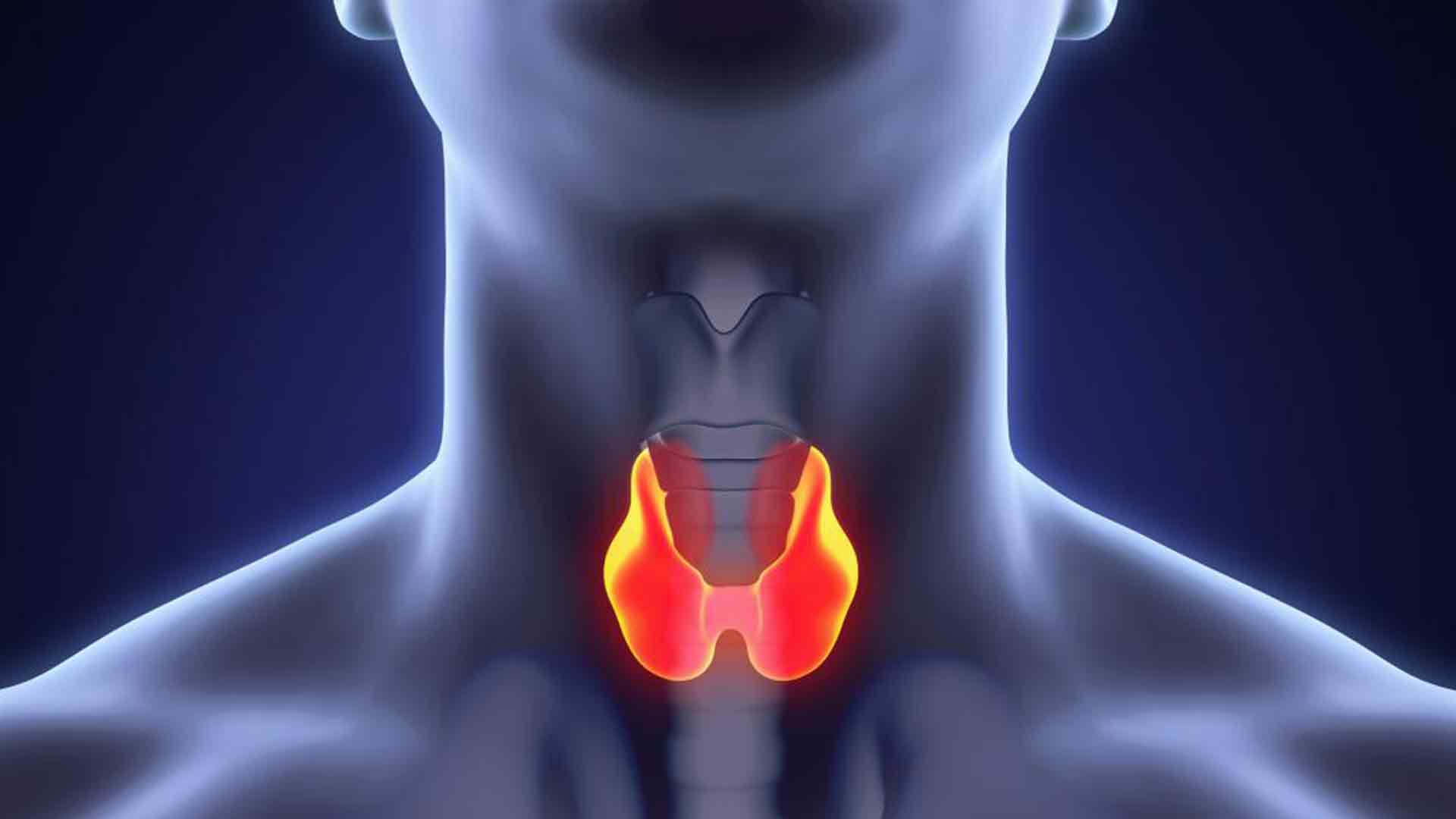By: DR. AZIZUR RAHMAN
The thyroid gland plays a crucial role in the human body. This gland is responsible for producing a variety of hormones in the body. Nevertheless, when thyroid cancer is present, it can lead to various abnormalities in the body.
There are a wide range of thyroid diseases. Thyroid cancer is considered the most hazardous of all. When the thyroid is impacted, patients may not initially experience any symptoms. There are no significant symptoms.
What is thyroid cancer?
The thyroid is a gland that produces hormones. It is situated in the front of the throat. The thyroid’s primary role is hormone production within the body. In addition to this, the thyroid plays a crucial role in the development of different body structures. The production of thyroid hormone can lead to two conditions: hypothyroidism when it’s insufficient and hyperthyroidism when it’s excessive.
In 2015, thyroid cancer was diagnosed in 3.2 million individuals across the globe. In 2012, a total of 29,000 new cases were reported. It manifests itself during middle adulthood, typically between the ages of 35 and 65.
There is a more significant impact on women compared to men. Individuals of Asian heritage are more frequently impacted.
The increase in rates over the past few decades is widely believed to be attributed to improved detection methods. There were 31,900 deaths in 2015.
What are the main signs and symptoms?
Not all cases of thyroid cancer show symptoms at first; However, very common signs and symptoms in the early stages of thyroid cancer are:
A lump in the front of the neck (not visible in most cases).
Difficulty swallowing or breathing.
Hoarseness in voice.
Pain in the throat or around the neck and cough.
Hair loss
Loss of appetite and weight loss.
Swelling around the throat.
Sweating
Inability to tolerate hot weather.
Menstrual irregularities.
Generally two types of problems occur, structural and functional. Structural problems cause the thyroid gland to swell, known as a goiter.
Functional problems are of two types namely hyperthyroidism and hypothyroidism.
Proton therapy of the thyroid
For different stages of thyroid cancer, a combination of surgery, radioactive iodine therapy, chemotherapy, and radiation may be necessary.
The type of thyroid cancer, the patient’s age, general health, and personal preferences all play a role in determining the treatment options for thyroid cancer.
Thyroid Cancer Symptoms
Several symptoms can indicate the presence of thyroid cancer in the body. First and foremost, you need to be careful if you have trouble swallowing food, especially if it comes with breathing problems.
If you notice a lump in your throat, it would be wise to consult a medical professional. In addition to a mild cough, experiencing irregular periods and neck and throat pain can potentially indicate thyroid cancer.
It is important to promptly seek medical advice to prevent the problem from worsening.
Thyroid cancer screening
After a technetium scan of the thyroid gland, additional tests are conducted based on the findings.
The ‘FNAC’ test involves extracting the gland’s juice using a fine needle. This test is highly effective in detecting cancer. We will be conducting a test on a cancer marker known as ‘thyroglobulin’.
In some instances, calcitonin, genetic markers, and other tests may be conducted.
Thyroid cancer treatment
The stage and condition of the tumour determine the treatment for thyroid cancer.
In some instances of thyroid cancer, your doctor may suggest one or more of the treatment plans listed below, taking into account these factors:
Individuals with early-stage or stage-one cancer typically do not require any treatment. It is essential to closely monitor patients like this.
Palliative care or supportive care
Palliative care is a specialised form of treatment aimed at alleviating pain and managing symptoms in individuals with severe illnesses like cancer.
This palliative care can be used alongside other treatments like chemotherapy or radiation therapy.
This treatment system effectively alleviates the patient’s pain, allowing them to swiftly resume their everyday lives.
There is no need for concern regarding an enlarged thyroid being cancerous. Numerous factors can contribute to an enlarged thyroid. Goitre is a disease.
Goitre is more prevalent among women in areas with iodine-deficient diets. Particularly concerning maternal iodine deficiency.
In addition to this, hyperthyroidism and thyrotoxicosis are also present. These are not cancers. Our understanding of the causes of cancer is still limited.
Exposure to radiation at a young age is one of the contributing factors. Additionally, there are certain family factors to consider. A small percentage of goitres are cancerous.

